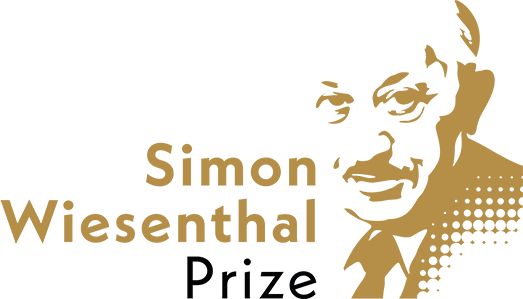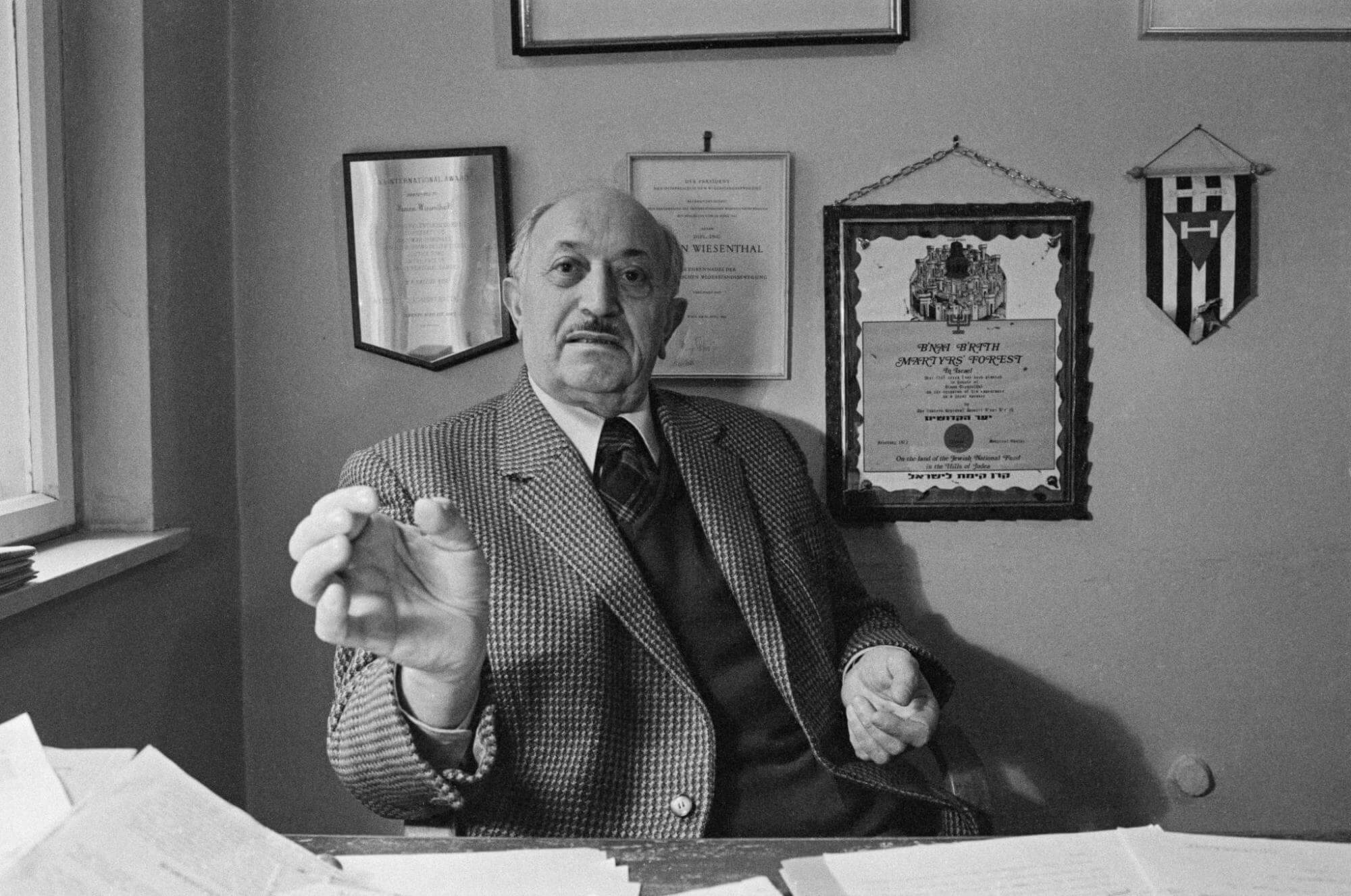
“The foundation of a democracy is, above all, truth”
Simon Wiesenthal
The winners of the Simon Wiesenthal Prize have been announced
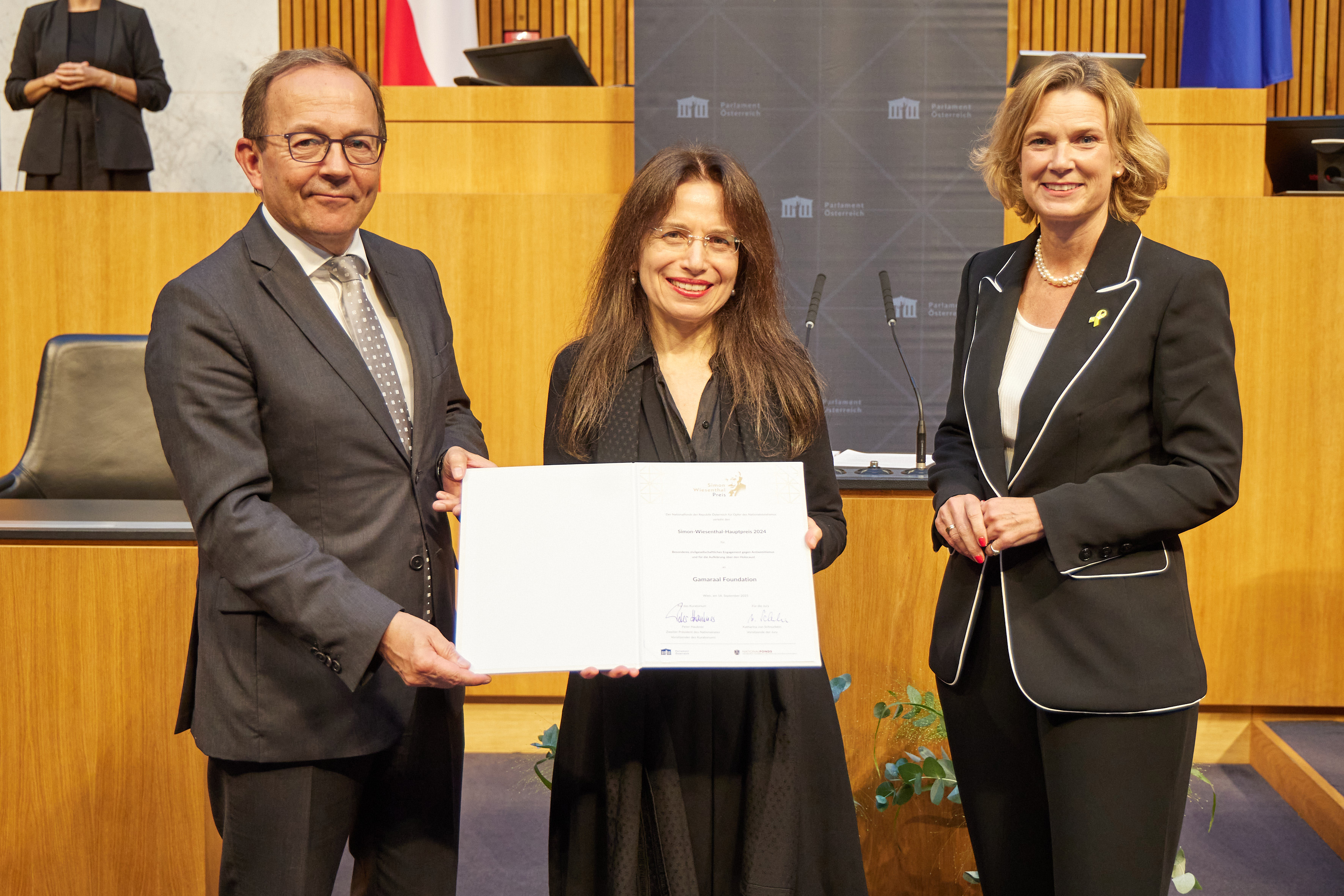
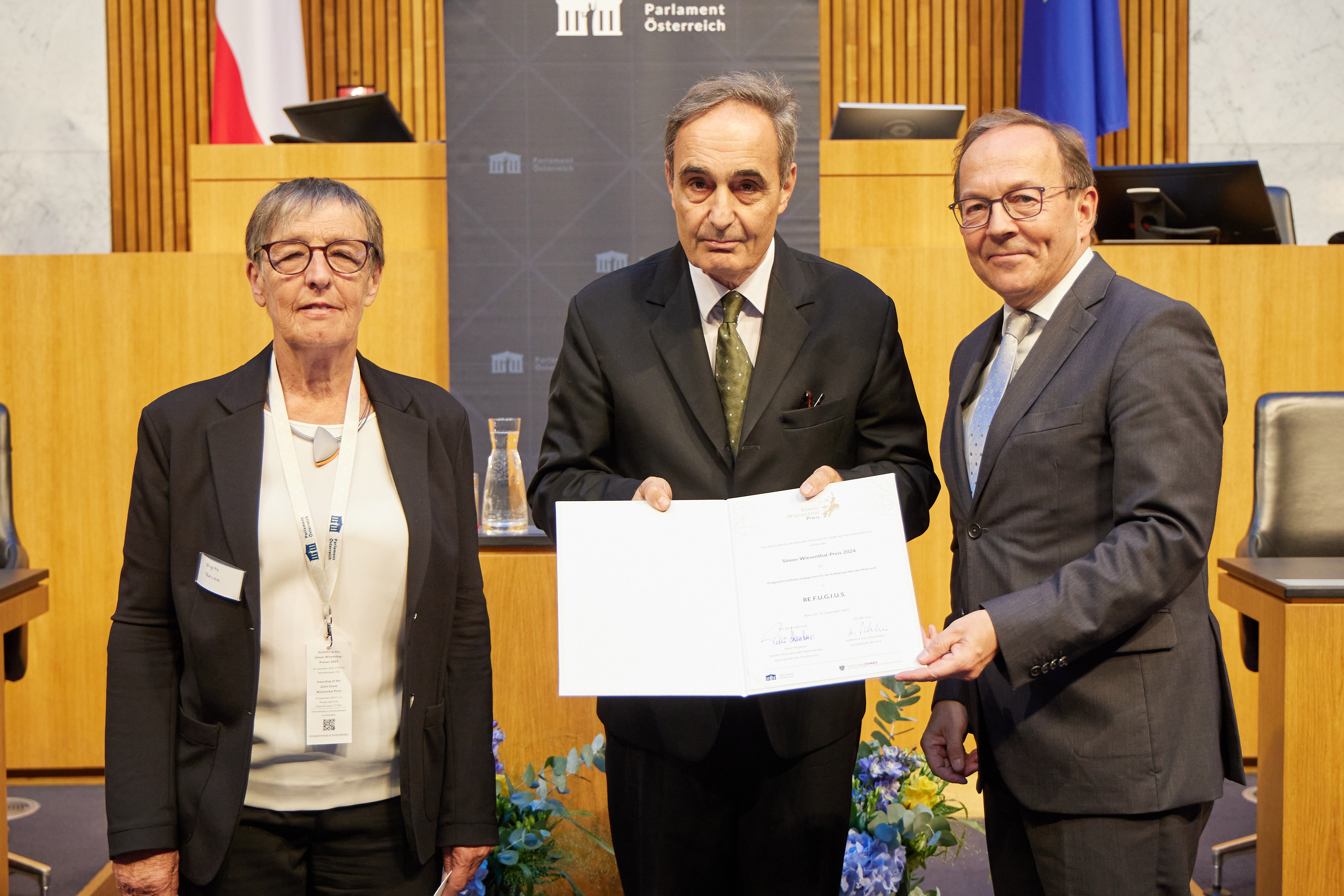
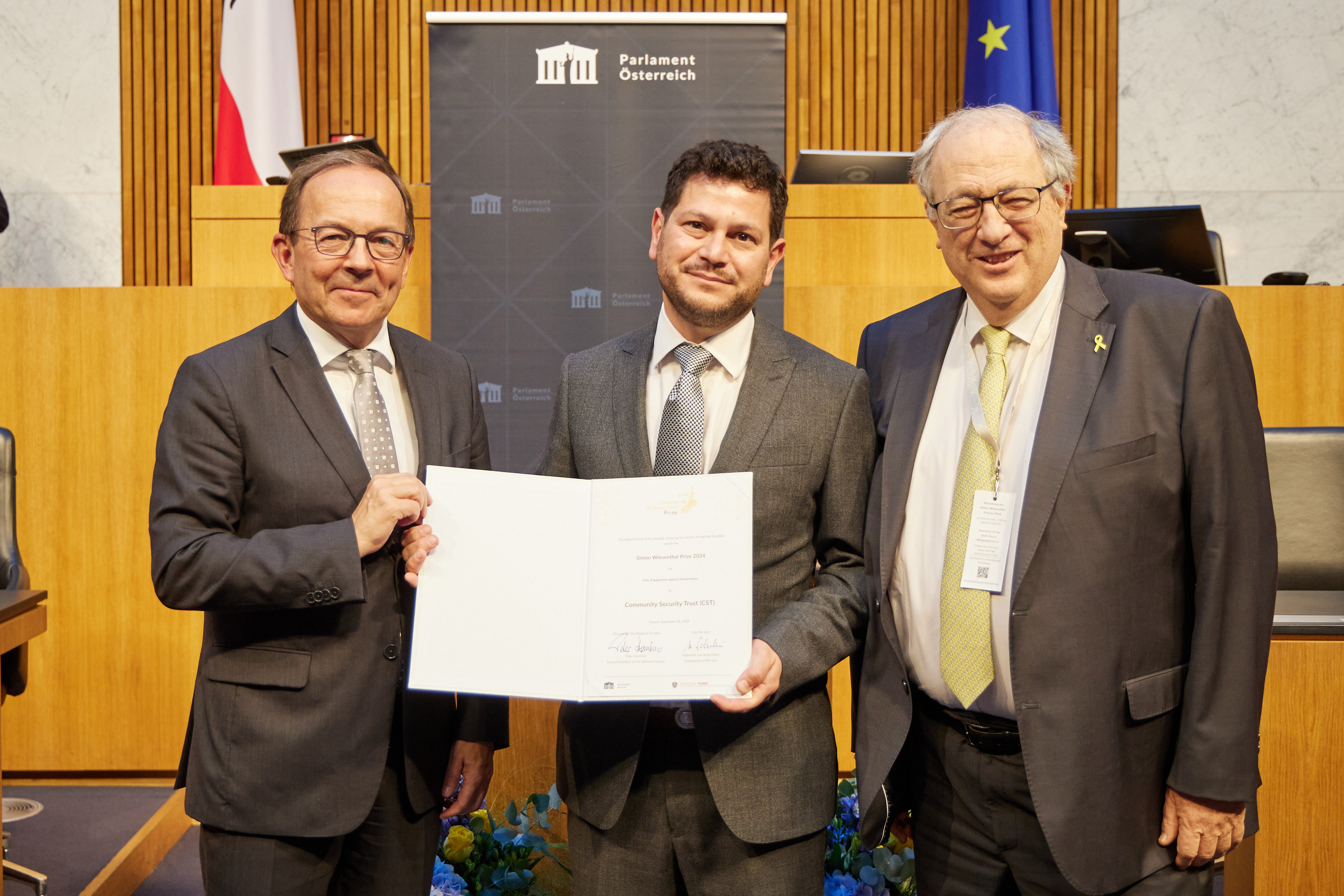
Frequently Asked Questions
Prospective prizewinners have made an outstanding contribution – through projects, initiatives or in other meaningful ways – towards combating antisemitism and/or educating the public about the Holocaust by
- actively fostering, consolidating and imparting knowledge and awareness about the Holocaust;
- raising awareness in society about the dangers of antisemitism in the present;
- increasing understanding of the mechanisms and consequences of antisemitism and thereby strengthening democratic culture in everyday life;
- acting as a beacon of civil courage, thereby highlighting the value and importance of the involvement of each and every individual;
- advocating for measures to counteract antisemitism and all forms of Holocaust relativisation;
- fostering understanding and sensitivity in areas where a critical attitude towards antisemitism should be particularly encouraged;
- contributing to the development of a common awareness in the fight against antisemitism
- or otherwise contributing towards a culture of remembrance that is innovative, sustainable and dedicated to educating people.
Special consideration will be given to projects, initiatives and achievements that create fresh impetus and place new accents, that set an example for others and appear capable of having a lasting impact on the present and the future.
Yes. Candidates may submit an entry in their own right or be nominated by a third party.
Yes. Also eligible to submit an entry are, for example, civil society organisations such as clubs, associations, foundations, non-profit limited liability companies; interest groups, regional affiliations such as local clubs and associations, i.e. organisations emerging from the middle and grassroots of society; human rights organisations; non-governmental organisations; welfare institutions, cultural organisations, educational and training institutions; youth organisations, family associations, students and student groups, apprentices and apprentice groups, as well as youth and schoolchildren groups.
Yes. Individuals or groups from civil society in Austria or abroad can submit an entry or be nominated for the Simon Wiesenthal Prize, regardless of their nationality.
The Board of Trustees will choose the prizewinners on the basis of the shortlist drawn up by the Simon Wiesenthal Prize Jury.
Candidates will be assessed by the Simon Wiesenthal Prize Jury on the merits of their entries and in accordance with the Rules of Procedure issued by the Board of Trustees.
The Simon Wiesenthal Prize Jury will assess the candidates on the sole basis of the information contained in the submitted documents and submit a shortlist of potential prizewinners to the Board of Trustees within four weeks, providing reasons for its shortlisted entries in writing. The jury may shortlist up to five candidates and rank them in assessed order of merit.
The Simon Wiesenthal Prize is endowed with an annual sum of 30,000 euros. It is awarded in two categories:
- Civic engagement to combat antisemitism (7,500 €)
- Civic engagement to promote Holocaust education (7,500 €)
In addition, a main prize endowed with 15,000 € will be awarded for outstanding civic engagement to combat antisemitism and/or promote Holocaust education.
Entries must be submitted online using the form available on the Simon Wiesenthal Prize website. Attachments must be uploaded electronically.
The entry should state why the candidate(s) would be (a) worthy recipient(s) of the prize and demonstrate the candidate’s achievements in the areas set out in the Prize Announcement.
On the entry form the candidate must provide all information required by the National Fund to
- ensure that the candidate meets the formal entry requirements
- examine whether the activities subject of the entry comply with the objectives of the prize
